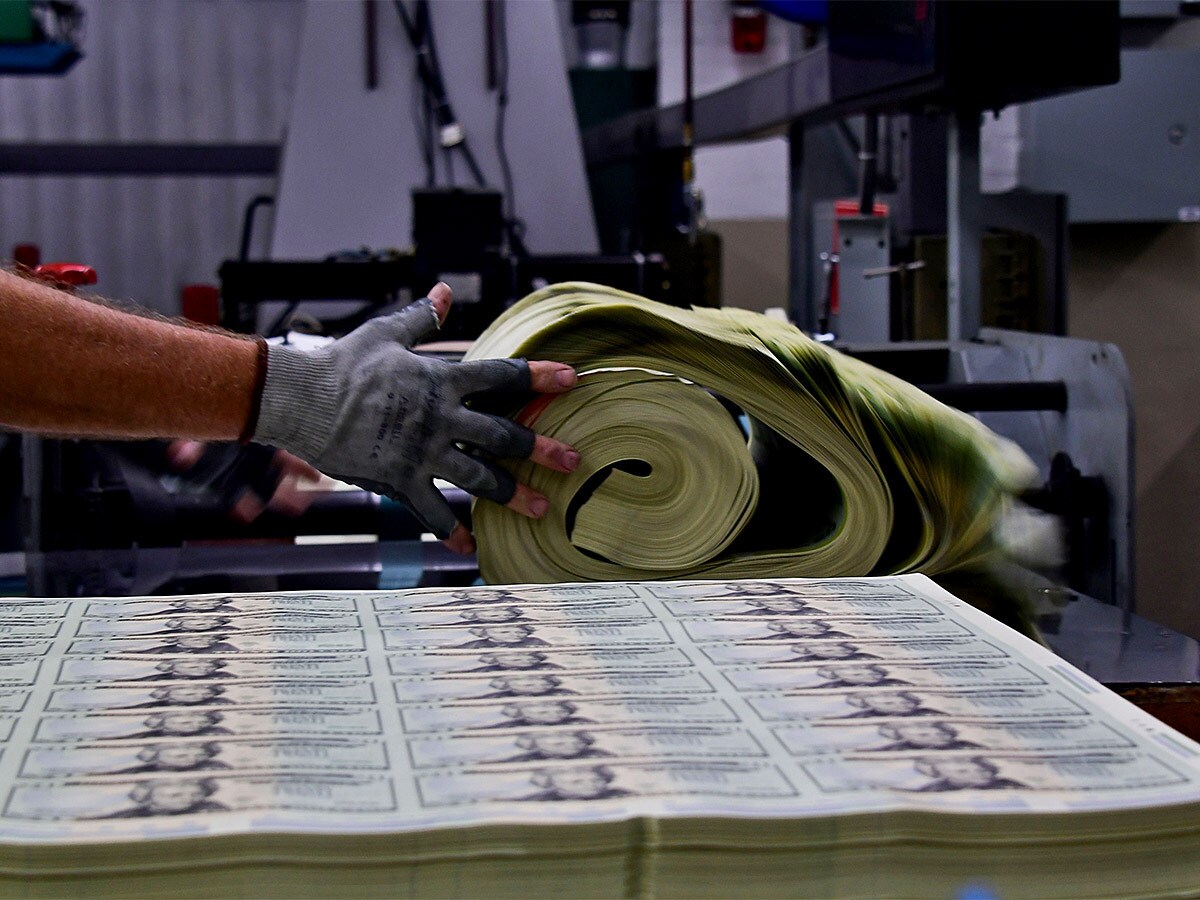As central banks increase interest rates to stem the rise of inflation, investors are increasingly looking to defensive sectors such as healthcare and utilities to find value opportunities.
Despite central banks’ best efforts to control inflation, the consumer price index (CPI) — a common measure of inflation — keeps rising and this is pushing up rates and lowering consumer demand.
The US CPI hit its highest level in 40 years in April, hitting 8.3%, above the 8.1% that had been estimated, while the core personal consumption expenditures price index (PCE) breached the 5% level. Since the 1990s, the Federal Reserve has had the goal of keeping inflation to 2%, but the two interest rate hikes so far this year indicate that it has a major challenge ahead.
The uncertainty over how much more monetary policy tightening will be needed to curb inflation has spooked investors. The S&P 500 briefly entered bear market during the week commending 16 May as stocks slid for the seventh week straight.
In a research note, Research Affiliates CEO Chris Brightman explained the current sentiment: “The Fed waited too long to tighten and now needs to act aggressively. Capital markets have panicked as investors try to anticipate how soon the Fed will be able to reduce inflation back to target.”
Ultimately, investors are concerned that the magnitude of tightening coupled with rapidly rising rates could cause a recession, Breighton wrote. The worst case scenario if the Fed fails to get inflation under control is stagflation. “Expect capital markets to behave as [they did] in the late 1970s and early 1980s … Equity prices will tank and P/E multiples will contract,” he added.
Hunting for value
Amid fears of stagnation, money has been pouring into cash. Just last week, Bloomberg reported the latest monthly Bank of America survey showed the firm’s client’ cash holdings had hit their highest level in over 20 years — since the 9/11 terrorist attack.
Stocks tend to underperform in a period of stagflation. Rising interest rates lowers consumer confidence and this can depreciate revenues, but more job opportunities means companies find themselves spending more on wages. Meanwhile, growth stocks are often unprofitable and their valuations are based on future earnings growth.
Value stocks will generally perform better than their growth counterparts. This is because many of them will have steady business models that are both predictable and profitable. They deliver modest revenue and earnings growth with lower multiples.
When hunting for a bargain during a period of stagflation, investors need to do more than rotate out of growth into value. They need to consider which sectors are likely to be able to ride out any volatility. According to a Wells Fargo report on 19 May, seen by MarketWatch, energy and healthcare are two of three sectors the firm views favourably.
The macroeconomic factors
Energy scarcity — caused in part by the war in Ukraine and the reliance on Russian gas — has made existing energy production assets a lot more valuable, according to macro analyst Lyn Alden.
The rising price of crude oil and gas has been passed onto consumers in the form of spirally energy bills. National Grid [NG.L] said in April that it was expecting profits in its UK business to be boosted by inflation. The utility receives 3.3% of consumers’ bills in the form of an electricity transmission charge.
SSE [SSE.L] also raised its full-year profit guidance back in March citing “the good performance from flexible thermal and hydro plant has continued in volatile market conditions”.
Although the rising cost of living means many households are struggling to pay bills, people will always need to purchase gas and electricity.
Another consequence of stagflation would be thousands of people losing their jobs and, with it, employer-sponsored private health insurance and access to health coverage. Eroding disposable incomes could have a near-term impact on lapses in coverage and this might weigh on health insurance stocks.
According to Jeffries analysts, it’s the healthcare companies that are “cash machines” and have high dividend yields that are the better stagflation play, reported CNBC in March. The analysts identified Pfizer [PFE] and Medtronic [MDT] as two stocks that should be on investors’ watchlist.
Disclaimer Past performance is not a reliable indicator of future results.
CMC Markets is an execution-only service provider. The material (whether or not it states any opinions) is for general information purposes only, and does not take into account your personal circumstances or objectives. Nothing in this material is (or should be considered to be) financial, investment or other advice on which reliance should be placed. No opinion given in the material constitutes a recommendation by CMC Markets or the author that any particular investment, security, transaction or investment strategy is suitable for any specific person.
The material has not been prepared in accordance with legal requirements designed to promote the independence of investment research. Although we are not specifically prevented from dealing before providing this material, we do not seek to take advantage of the material prior to its dissemination.
CMC Markets does not endorse or offer opinion on the trading strategies used by the author. Their trading strategies do not guarantee any return and CMC Markets shall not be held responsible for any loss that you may incur, either directly or indirectly, arising from any investment based on any information contained herein.
*Tax treatment depends on individual circumstances and can change or may differ in a jurisdiction other than the UK.
Continue reading for FREE
- Includes free newsletter updates, unsubscribe anytime. Privacy policy





